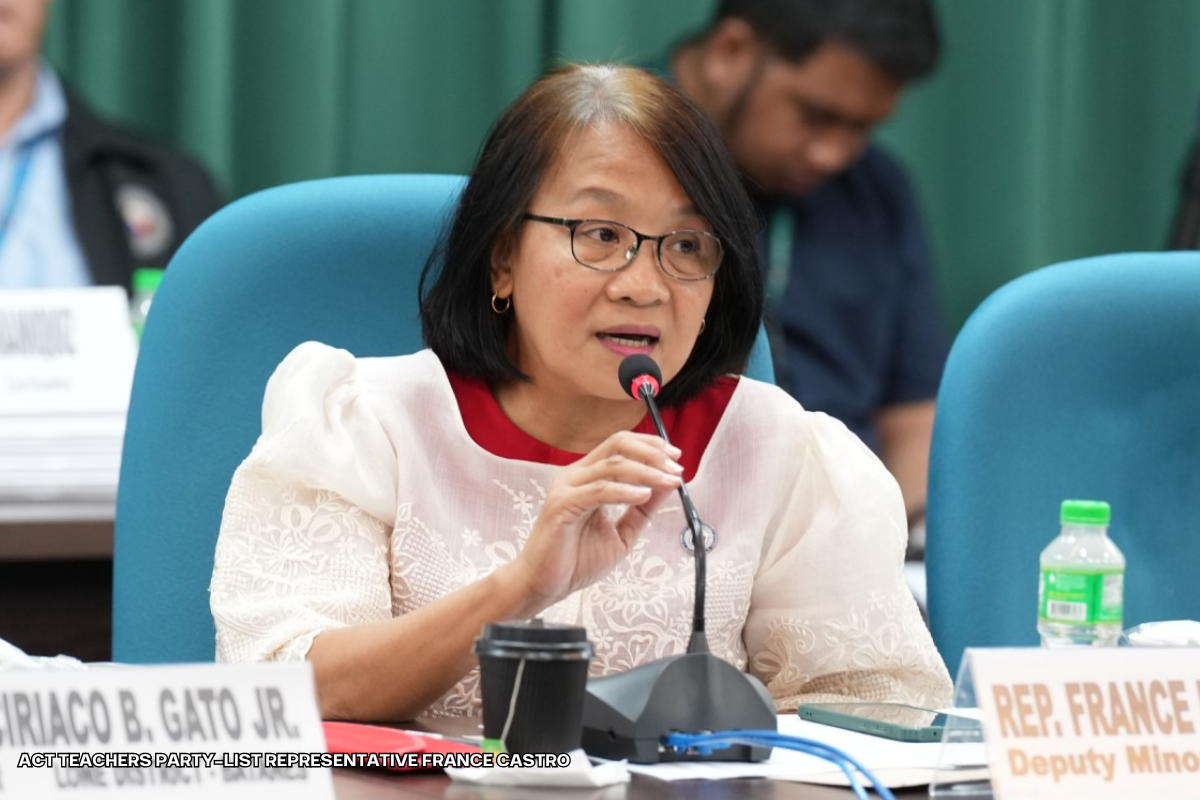SOLON REITERATES CALL TO ABOLISH PERFORMANCE MANAGEMENT SYSTEMS FOR TEACHERS
ACT Teachers Party-list Rep. France Castro on Sunday welcomed the move of President Ferdinand Marcos Jr. to streamline the government’s Results-Based Performance Management System or RBPMS and Performance-Based Incentive System or PBIS through Executive Order No. 61.
However, she reiterated her group’s call to abolish the RPMS for teachers altogether.
“We support reviewing these bureaucratic performance management systems that have only burdened our teachers with more paperwork instead of improving their well-being and quality of instruction,” Castro said.
“However, we maintain that the RPMS for teachers should be abolished entirely, not just suspended as well as other systems that are abusive of government workers. The system is fundamentally flawed as it imposes unreasonable demands on our teachers who are overworked and underpaid. We also call for the abolition of the Strategic Performance Management System (SPMS) that links employee performance with organizational performance for much the same reason,” she added.
Castro cited House Resolution 64 filed by ACT Teachers calling for a comprehensive report on the implementation of the RPMS and performance-based bonus policies in the Department of Education.
“Our teachers have long complained about the heavy documentation requirements, unrealistic targets, and discriminatory performance-based bonuses under this system. It is high time we listen to their grievances and dismantle these oppressive policies,” the lawmaker stressed.
The RPMS requires public school teachers to submit extensive documentation like lesson plans, instructional materials, and portfolios to evaluate their performance based on standards set by DepEd orders.
However, many teachers decry the additional workload on top of their already daunting tasks.
“Instead of such dehumanizing metrics, we should focus on providing our teachers with decent salaries especially the P50,000 entry level for teachers, better learning environments for students, and sufficient operational funding for public schools,” Castro concluded.














